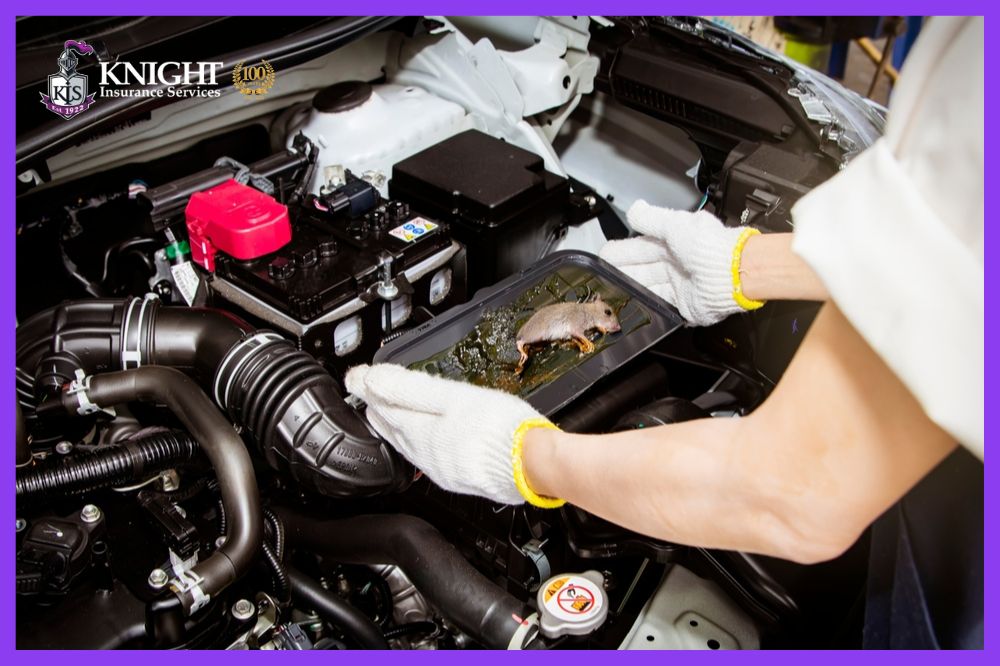


Rodent damage doesn't get talked about much among car owners, but it can be a serious problem if there's expensive damage. Luckily, it's possible to protect your vehicle financially from this degradation if you carry comprehensive auto insurance. The key is to read your policy carefully and see if rodents are exclusions. Here's a look at what you should know about car insurance rodent damage.
A standard car insurance policy on its own may not cover damage caused by a rodent or a rat. You will probably have to pay for the damage yourself unless you carry comprehensive auto insurance. It's a good idea to review your policy thoroughly with car insurance rodent damage in mind. Comprehensive insurance covers a wide range of mishaps, such as fire and falling objects.
Although comprehensive auto insurance is not required in most states, it's valuable to have in the sense that it pays for many repairs and replacements that a standard policy doesn't cover.
Many drivers buy comprehensive auto coverage because it protects the value of the car. That's why it's usually a requirement for cars to be financed. It's considered "full coverage" if your comprehensive plan includes these components:
Rodents and other animals commonly chew on objects such as cables. Some automakers, such as Toyota, use soy-based wiring, but courts have ruled that food-based wiring isn't the only cause of rodent damage.
First, inspect the damage to your vehicle and assess if it's worth filing a claim. If rodents have eaten through wires to the point your car doesn't start, it makes sense to file a claim. Take photos of the damage, then contact your insurer.
If rodents have raided your vehicle and caused damage, you should not hesitate to take the car to a shop for repair. Contact the experts at Knight Insurance Services to learn more about dealing with car insurance rodent damage. We have helped thousands of people cover their cars for more than 100 years and are committed to doing so in the future.